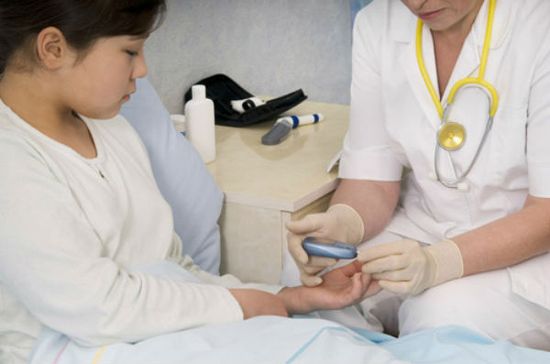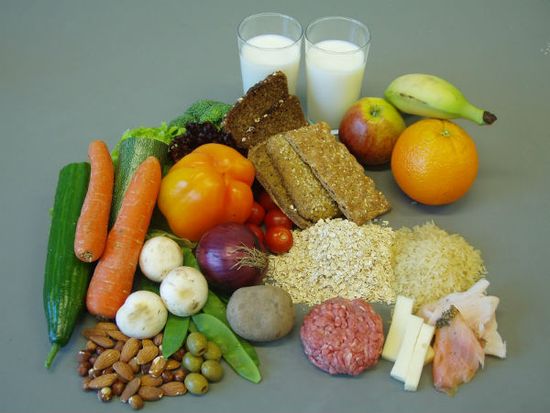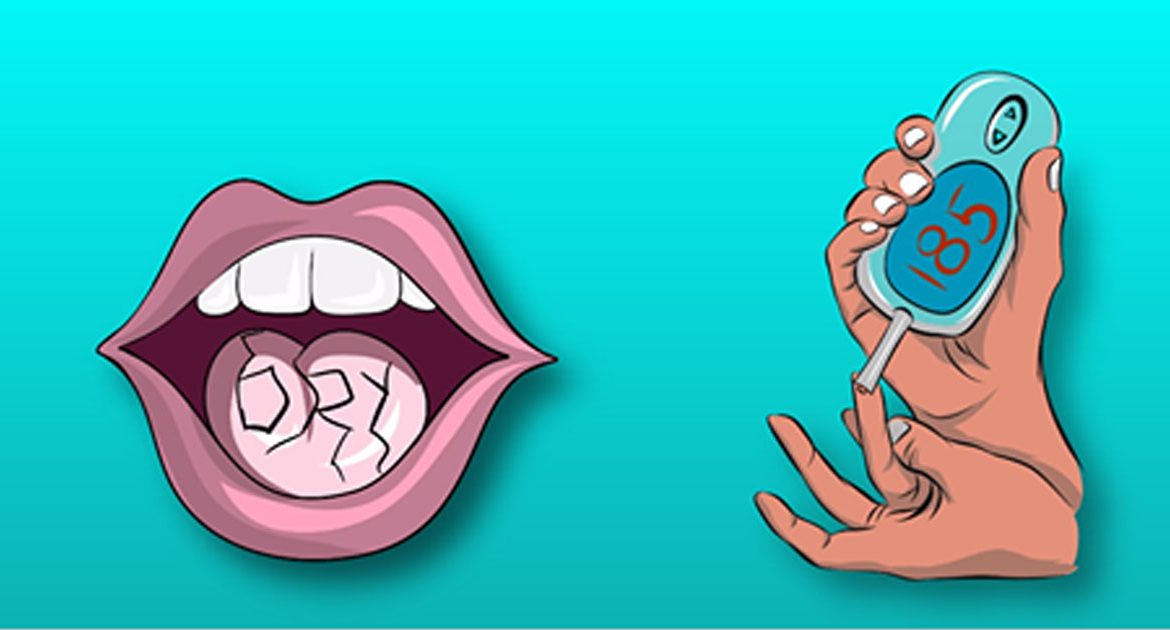High blood sugar levels, also known as hyperglycemia, is one of America’s «silent killers.»

As many as 9% of Americans have some form of diabetes, which is the leading cause of this condition, but even if you don’t have diabetes you can be affected by it. Everything from stress, a lack of exercise or even other diseases can elevate your blood sugar levels, and leaving this condition unchecked can be fatal.
«High» blood sugar levels are different depending on whether you’ve eaten in the last few hours. If you’ve had a meal in the past 2 hours, levels higher than 180 milligrams per deciliter, while 120 mg/dl is high for a «fasting level, when you haven’t eaten or drank anything for the last 8 hours.

Having elevated blood sugar levels is dangerous because it damages your blood vessels and organs, which leads to the many complications we associate with late stage diabetes.
If you think you’re at risk for hyperglycemia, you should take your worries very seriously. Ignoring this condition can lead to a dangerous, sometimes fatal buildup of blood acids called ketoacidosis, or to damage your body’s ability to process sugar. And remember: diabetes is the 7th most common cause of death in the U.S.

So what symptoms should you look out for?
The most common signs of high blood sugar levels are:
- Being very thirsty
- Having a dry mouth
- Peeing frequently (especially with very dark urine)
- Blurry or worsening vision
- Irritability
- Numbness or a cold feeling in your hands and feet
- Feeling «worn out»
- Having trouble concentrating
- Wounds that don’t heal or heal very slowly
- Yeast infections that keep coming back
- Impotence
- Noticeable weight gain
- Noticeable weight loss
- Chronic constipation or diarrhea
- Headaches

If you notice these symptoms, you should visit your doctor and tell them. If you already know you have diabetes or that you are living with chronic hyperglycemia, there are ways to keep your levels at a healthier range.
For one thing, certain foods have a lower «glycemic level» than others, and won’t raise your blood sugar. Eggs, broccoli, bananas, apples, and whole wheat pasta without sugary sauce are all safe to eat. Meanwhile, avoid high glycemic foods like popcorn and potatoes.

You can also help regulate your levels by exercising (check with your doctor first, because exercise can sometimes be dangerous for patients with hyperglycemia), drinking lots water to remove sugar through your urine, and sometimes by changing your medications (check with your doctor first).
Liked Video this list so everyone will know what symptoms to look out for!






